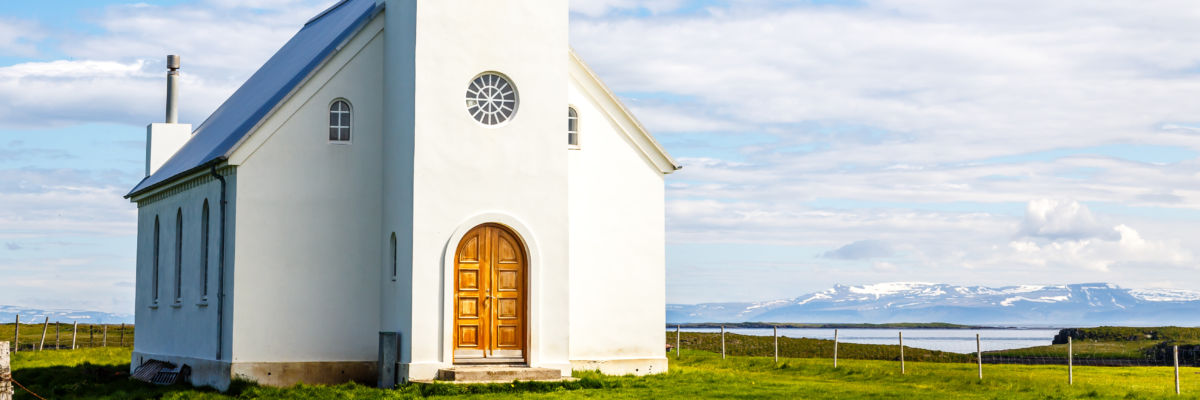
If there’s more than one Christian church with different beliefs, then which one should an atheist choose? Why should an atheist become religious when even religious people are confused? John DeRosa, author of One Less God Than You, gives his answer.
Caller: So let’s say, I’ll take the perspective of an atheist, and I’m looking at two different religious systems, and so one side says “Well, we have two different gospels,” and the second side says “Well, we’re all brothers and sisters in Christ,” so what is an atheist to do?
John DeRosa: I think it’s an important question, it’s a good question, it goes back to to the Reformation, and there’s a lot of different denominations of Christianity that preach different views on different things. But what I would say, as a Catholic, is our approach to the Catholic world view is to—I kind of see it as three pillars.
First: we come at things, we give good reasons that God exists. Second: we give some good reasons to follow Jesus; namely, that he claimed to be the Messiah, he vindicated his claims by rising from the dead. And then third: because we follow Jesus. We follow him when he says “upon this rock I will build my church.” And Jesus founded a church.
Now, there’s a lot of tough questions that we’ve gotta dive into: the nature of justification, the nature of the Eucharist, whether purgatory is a thing or not; and you could look all that up on catholic.com and you could read for a long time, because they are very challenging issues.
But I would say I think the best way to cut through it is to look historically to the fact that Jesus founded a church, and then to ask “What was that church like?” And what you’re going to find out is that it was a visible church, it was a hierarchical church with Peter at the head, with apostolic succession. And because Jesus founded that church which he promised to guide into all truth, we can trust the doctrines that are kept safe and promulgated by that church. And I’m a Catholic because I believe that church is the Catholic Church.
And I know that’s a very short answer and you’d have to go into the history of things, but when you get to those tough theological issues, and maybe you have scriptures on one side and scriptures on the other side and you’re not able to decide, that’s where being a Catholic is so great, because we trust Christ and his church that he promised to guide into all truth, and we can go with the answer that they give.
And I’ll just give another nod—I know Tim Staples has got a course coming out in the future on defending that the early church was the Catholic Church, so it’s not just an empty claim, we would go into that with evidence. But that’s where I’d start.



